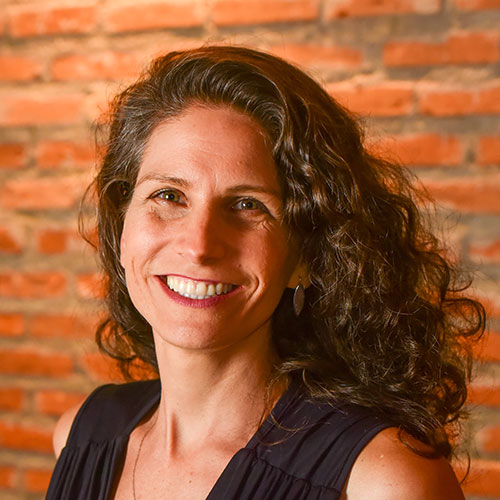Seja Democracia shows that political training is fundamental for the defense of rights
Democratic political processes need to be constantly defended and strengthened for a fairer and more equal society.
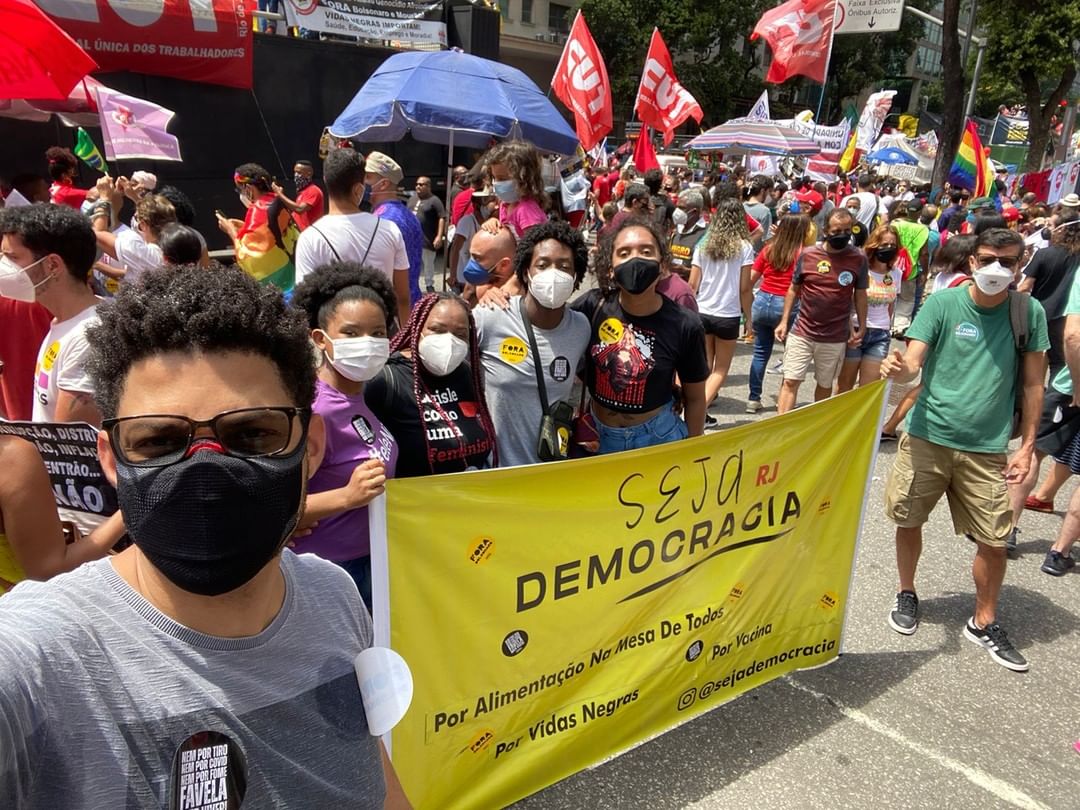

Seja Democracia is a political training program aimed at young leaders from the periphery, especially black youth. The program, which belongs to Uniperiferias, arose from the defense of rights in the context of the impeachment of President Dilma, when several social setbacks began to point, along with the advance of a narrative and an extreme right-wing action in the country.
“We began to realize that it was essential to resume basic political training, which was capable of interpreting the Brazilian reality, and from that, organizing energies in the peripheries for political actions to mobilize, convince and combat fake news based on local demands”, says the national coordinator of Seja Democracia, Cleber Ribeiro.
This led to the creation of local movements to enable community pre-university courses, the distribution of basic food baskets and the fight against COVID-19, as well as the formation of black women’s collectives and neighborhood associations. In the run-up to the 2022 elections, debate spaces for progressive candidates were also promoted in the peripheries.
“Now we are in a challenging moment, because there is this illusion that electing a left-wing government is enough to defend democracy. We believe that ensuring the rule of law is a constant struggle. So we need to move forward, we can’t go back to the normality of a neoliberal democracy”, warns Cleber.
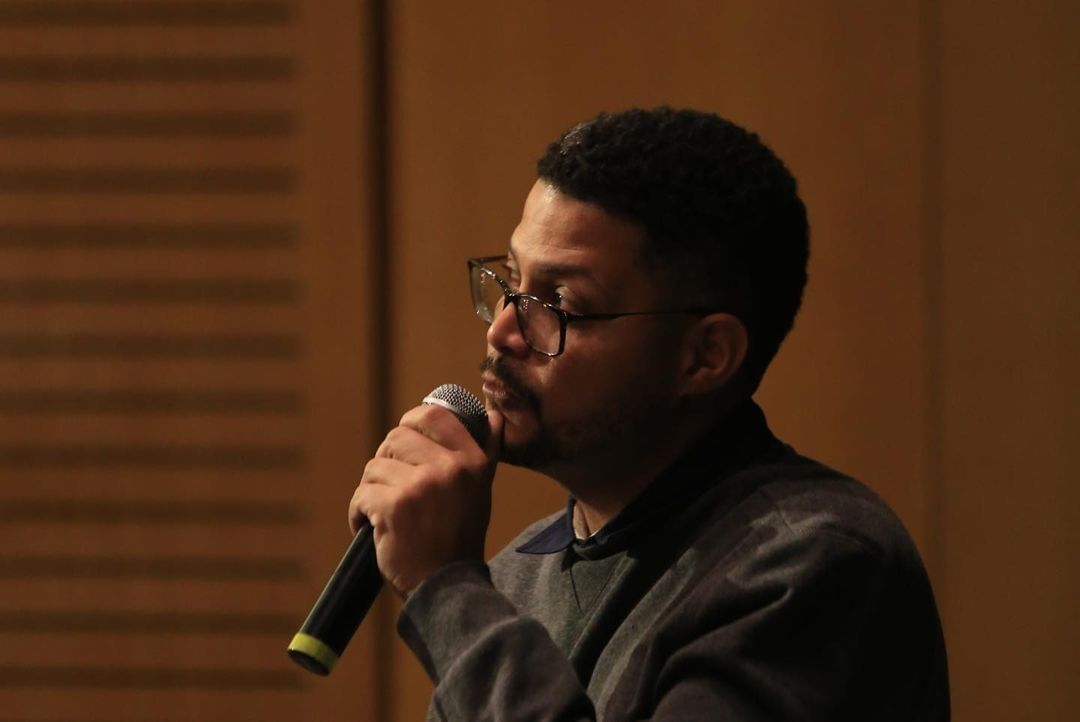
Political positioning and rights
According to Cleber Ribeiro, the training focuses on peripheral black youth. Most are between 20 and 35 years old, but there is no exclusion criterion. That is, training can be done by anyone, of any ethnicity, race, gender or age. The important thing is to be committed to the cause.
Sometimes, says Cleber, “people with opposing interests arrive, and throughout the process many choose not to continue, because of this understanding of what it means to defend democracy from the struggle for rights of the periphery.”
He also points out that Seja Democracia has a political position aligned with progressive left-wing ideas, without being partisan. “We have no institutional link with political parties. We understand the importance of parties, but that is not the place we occupy. Here we train people who want to do something related to collective well-being in their territory, but do not know how”, he explains.
For Cleber, there is a confusion about political positions in Brazil that is linked to our own constitution as a society. Therefore, he emphasizes, the political debate needs to be done in all instances.
“The political training course helps us to understand the principles of democracy, the anti-racist, anti-male chauvinist and anti-patrimonialist struggle, so that the periphery is strengthened with these ideas and appears more and more as a territory of rights in political agendas”, points out Cleber.
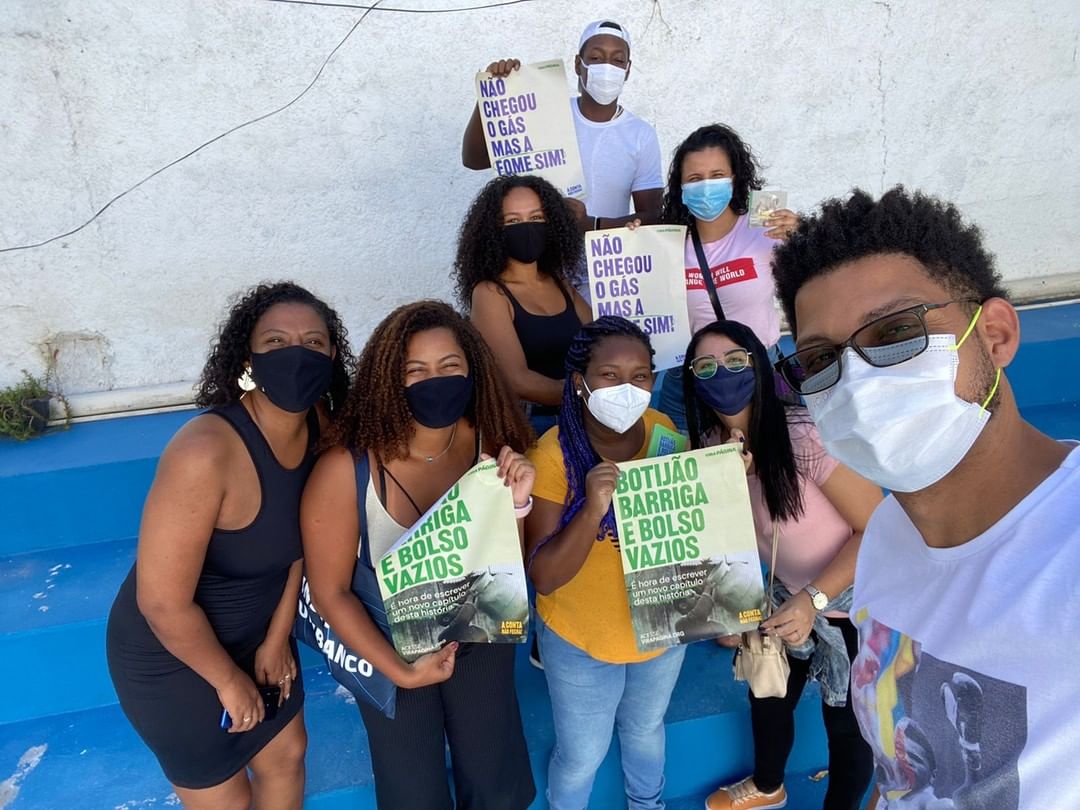

Pandemic and fighting fake news
The first political training class was opened in 2019, in Rio de Janeiro. For two months, through weekly meetings, teachers presented theoretical concepts, explaining about democracy, structural racism, patrimonialism, patriarchy, among other topics. The goal was to think, together with young people, how social setbacks could be fought in their own peripheral territories, and ways to organize and act.
The training quickly expanded to other locations, starting with Belo Horizonte in Minas Gerais, then São Paulo, Bahia, Pernambuco, Maranhão and other states. In this process, the front managed to partner with Open Society, an international institution for the defense of democracy. In the context of COVID-19, they also started to open classes in the digital environment and, today, they have more than 300 political training centers spread across all regions of the country.
Since then, about three thousand people have been trained in six-month courses. In addition, those responsible for the program published the Political Training Map, a free PDF document on democracy for anyone to access. And they will soon launch the e-book “Como as Periferias Defendem a Democracia”, with 12 experiences promoted during the elections to be inspired.
Defending democracy
Basic political training must be continuous, Cleber defends. For this reason, the coordinators of the Seja Democracia centers are always attentive to local needs to stimulate new training. “It is necessary to dialogue with these demands to encourage, disseminate and expand the actions”, he says.
Among the most popular demands are access to education; strengthening culture, such as encouraging hip-hop groups; occupation of public spaces, through the revitalization of parks and squares; encouraging communication in the peripheries, such as community radios and content production on social networks; and mainly, access to food.
There is also the demand for entrepreneurship: the center in Paraíba, for example, works on this issue with local lacemakers. “The principle that guides us is the strengthening of democracy, which is something that could be very abstract, but that has materiality from the bodies and the struggle in the territories for the defense of rights”, he points out.
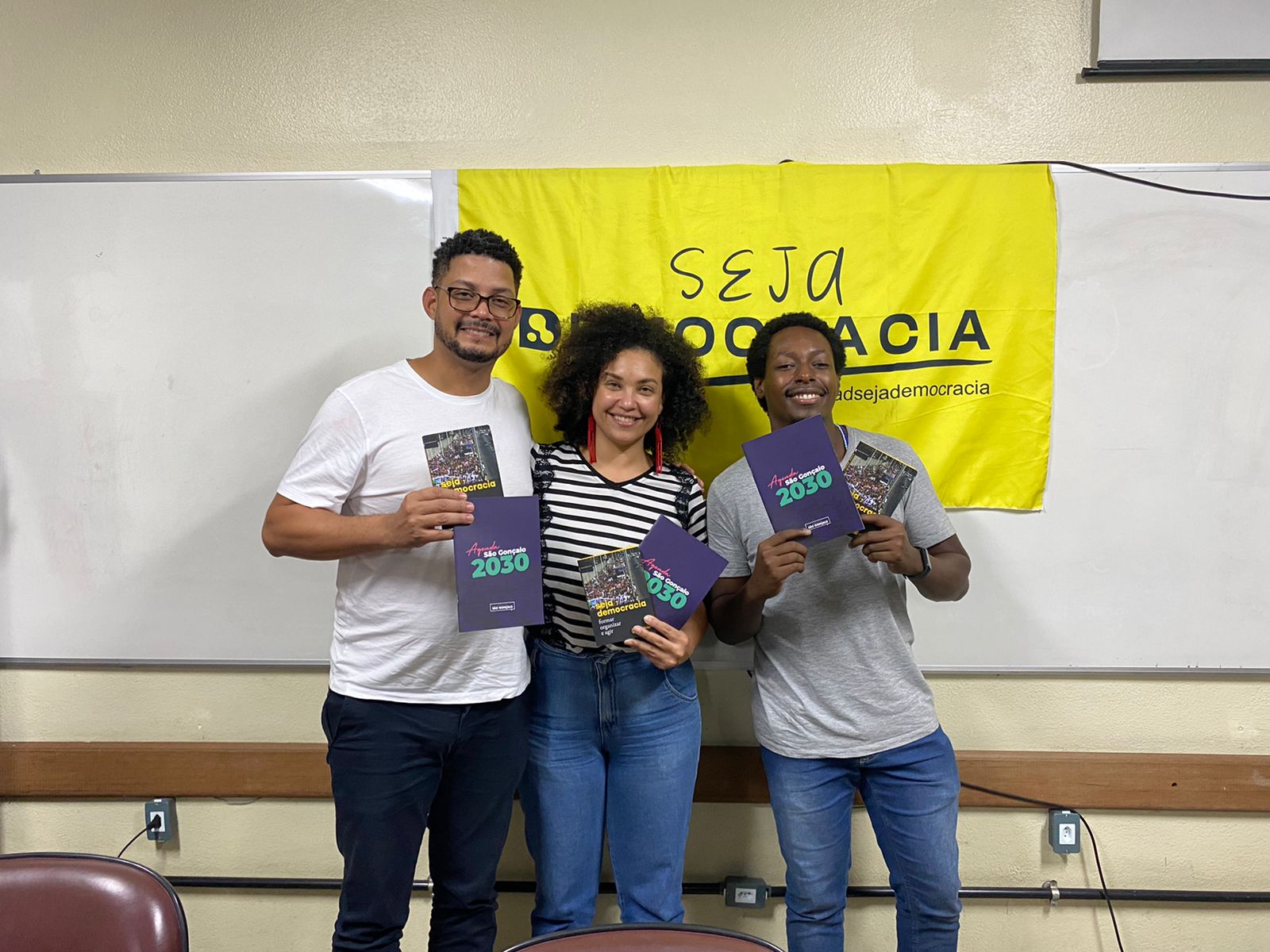

Grassroots movement and political training
Seja Democracia emerges in a historical context in Brazil that is crossed by the weakening of social movements. Since the end of the military dictatorship, several social movements have become significant in the country, such as the peasant movement, the basic ecclesial communities and others. “Paulo Freire is very much associated with these communities, which formed a group of people in political literacy, based on literacy,” says Cleber.
Movements for the right to land and dignity in the countryside were increasing and migrating to the city, with the process of urbanization and industrialization of the country, especially in the Southeast, where the first housing movements emerged. There was also an active trade union movement, thinking about the production of the common from the experience of the worker and the wage earner, continues the professor.
“These movements functioned as a space for political training, but they were weakened throughout the 1990s and 2000s. The organization of residents’ associations, in the urban space, was also emptied in this process. And political education was concentrated in the parties”, he explains.
Seja Democracia, says Cleber, occupies this place of strengthening political training together with several other movements from the peripheries: “we do not want to replace or deny that parties exist or that there is also an important political production there”, he clarifies.
Peripheral youth: intellectual and activist
Many people who pass through Be Democracy show their willingness to participate in party politics. When that happens, according to Cleber, they encourage affiliation to the left, because they are the spaces for possible disputes, but they do not indicate any party to join.
This year, the expectation is that a group of these young people will compete for the vacancies of the Tutelary Council and the Municipal Councils. There is also already an activist group in the territories. “We are an institution of people from peripheral territories, who live or have left the territories, but who have all the affective and subjective formation from the periphery”, he explains.
For him, Seja Democracia emerges to reinforce that in the periphery it is not possible to do anything alone: “Our movement, like others, Perifa Connect, Jacalab, Perifalab, has been showing that young people in the peripheries are, in fact, moving this other place of activism. In the peripheries, we are always in the collective, it is not by choice, it is by condition. There is no other way…”, concludes the professor.
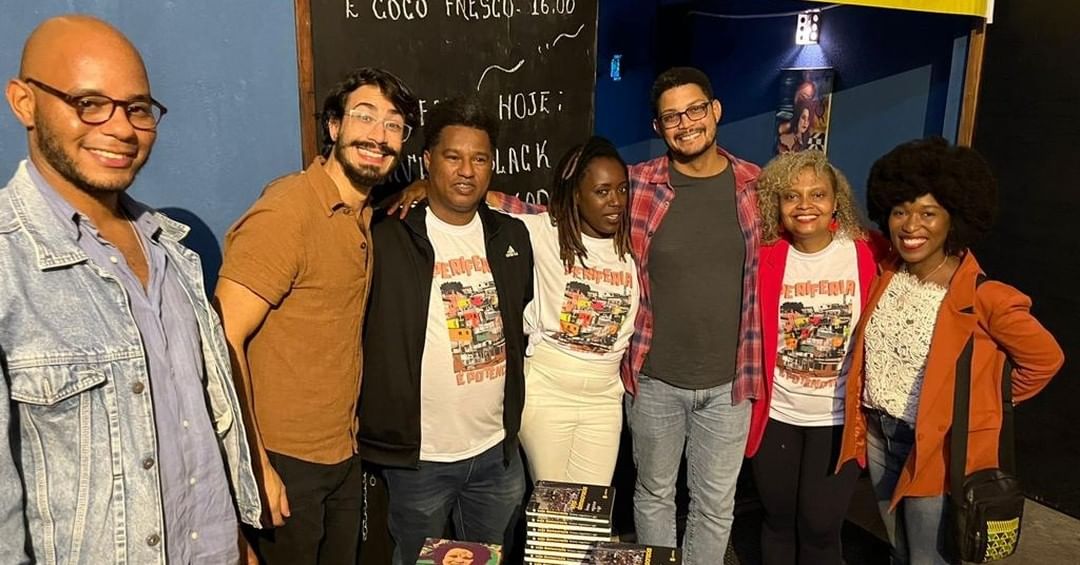

Want to support this cause?
Seja Democracia is part of the Maria and João Aleixo Institute, alongside Uniperiferias and Revista Periferias, which we have already talked about here. It relies on the support of organizations through partnerships and public notices, but also relies heavily on donations.
Regarding donations, Cleber says that “this theme of defending democracy is still something very new, so we have a great challenge in the country: to show volunteers and people who have social sensitivity and can make donations that a movement like this is fundamental, not only for the peripheries, but for a more powerful Brazilian society project.”#ficaadica
Donations can be made on the Seja Democracia website.
To find out more, follow us on Facebook, Instagram and Twitter.
